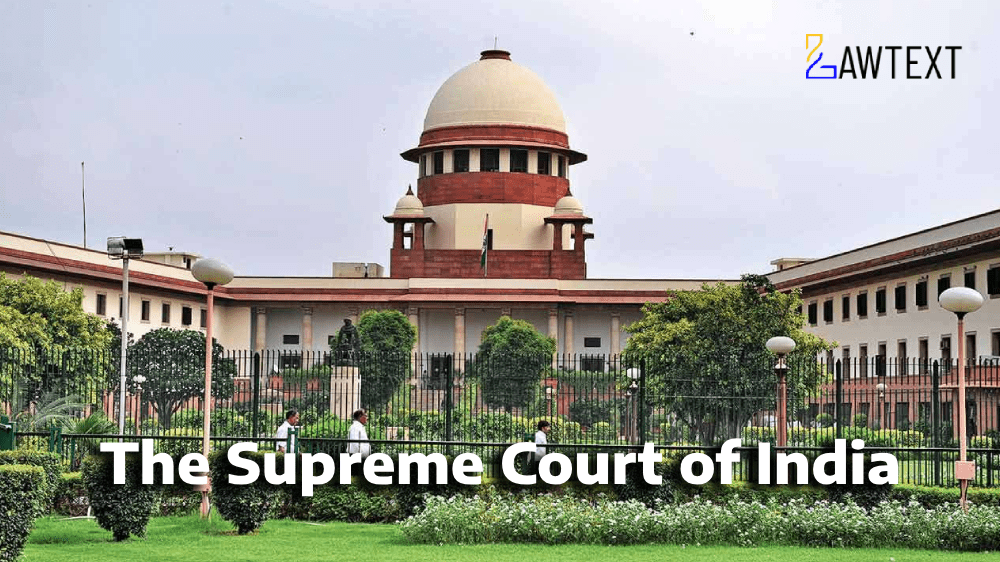

Delay and Procedural Irregularities – The Supreme Court set aside the High Court’s decision due to a violation of the principles of natural justice, holding that an affidavit filed by the Special Land Acquisition Officer was relied upon without granting the appellant an opportunity to respond. (Para 15)
Quashing of Acquisition Proceedings – The appellant’s claim for exclusion of land was based on the High Court’s previous directions, which had been ignored by the Bangalore Development Authority (BDA). (Para 9)
Unilateral Reliance on Authority’s Affidavit – The Division Bench of the High Court wrongly relied on an affidavit dated 12th September 2019, without granting a hearing to the appellant. (Para 14)
High Court’s Duty in Judicial Review – The Supreme Court emphasized that courts must ensure fairness in acquisition proceedings and uphold procedural requirements. (Para 17)
Land Acquisition – Natural Justice – Writ Petition – High Court’s Power – Spot Inspection – Public Authority Duty – Exclusion from Acquisition – Judicial Review
a) The father of the appellant challenged land acquisition before the High Court in Writ Petition Nos. 45695-697 of 2004. The petition was allowed, and acquisition was quashed. (Para 5)
b) The Bangalore Development Authority (BDA) challenged this order, leading to a Division Bench judgment upholding the acquisition but granting relief to certain categories of landowners. (Para 6)
c) The appellant sought exclusion of his land from acquisition, arguing that similar adjacent lands were exempted. The BDA rejected the application. (Para 8)
d) The appellant’s multiple writ petitions resulted in repeated directions for reconsideration by the authorities, which were not followed properly. (Para 10)
e) The learned Single Judge of the High Court ruled in the appellant’s favor, finding that the BDA failed to apply its mind to the case. However, the Division Bench reversed this decision based on an affidavit from the BDA without allowing the appellant to contest it. (Para 12)
Appellant:
Respondent (BDA):
Citation: 2025 LawText (SC) (2) 44
Case Number: CIVIL APPEAL NO(S). ___________OF 2025 [@ SLP(C) NO.___________OF 2025 @ DIARY NO(S). 7824/2020]
Date of Decision: 2025-02-04
Case Title: D.M. JAGADISH VERSUS BANGALORE DEVELOPMENT AUTHORITY & ORS.
Before Judge: (B.R. GAVAI J. , K. VINOD CHANDRAN J.)
Appellant: D.M. JAGADISH B
Respondent: BANGALORE DEVELOPMENT AUTHORITY & ORS.